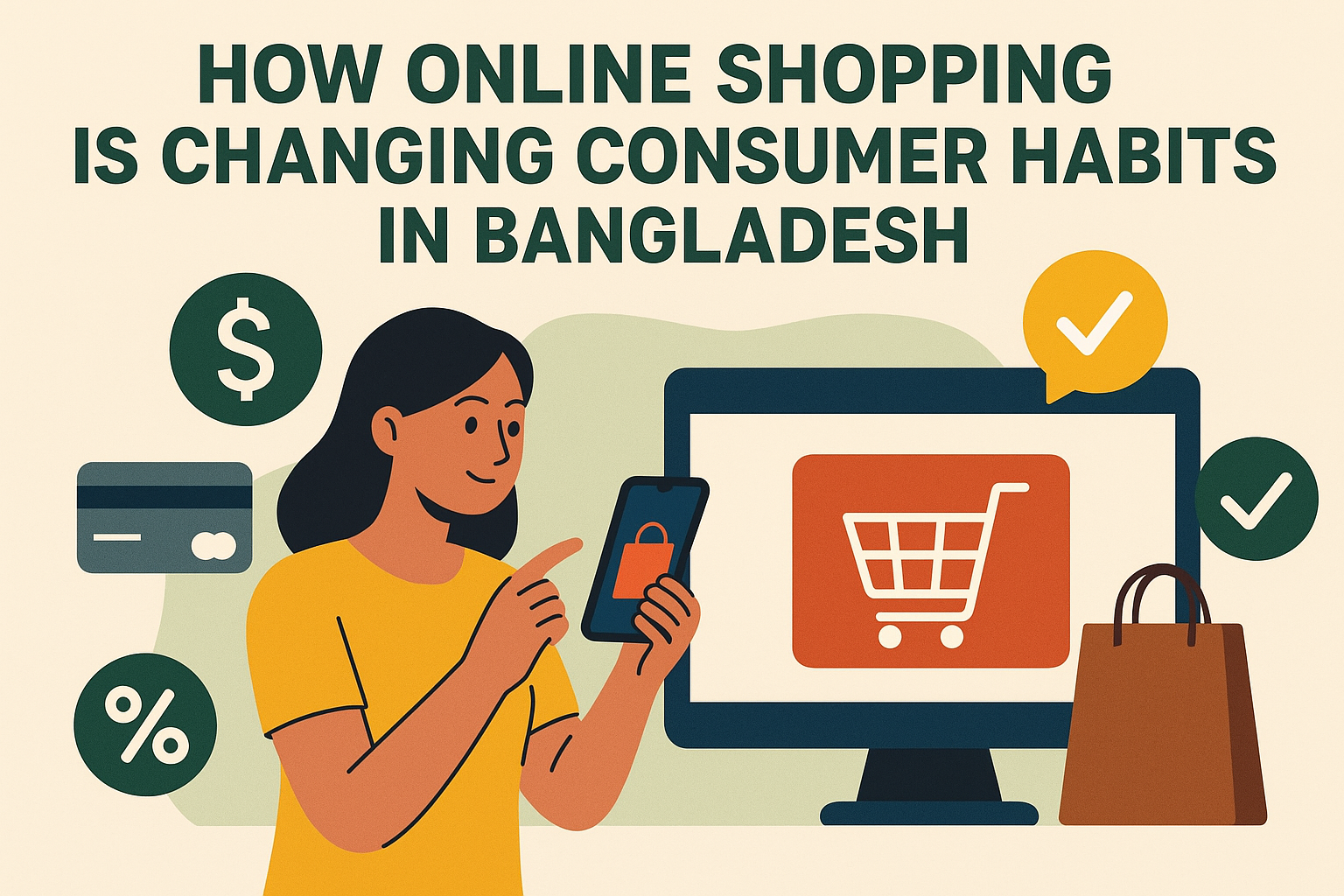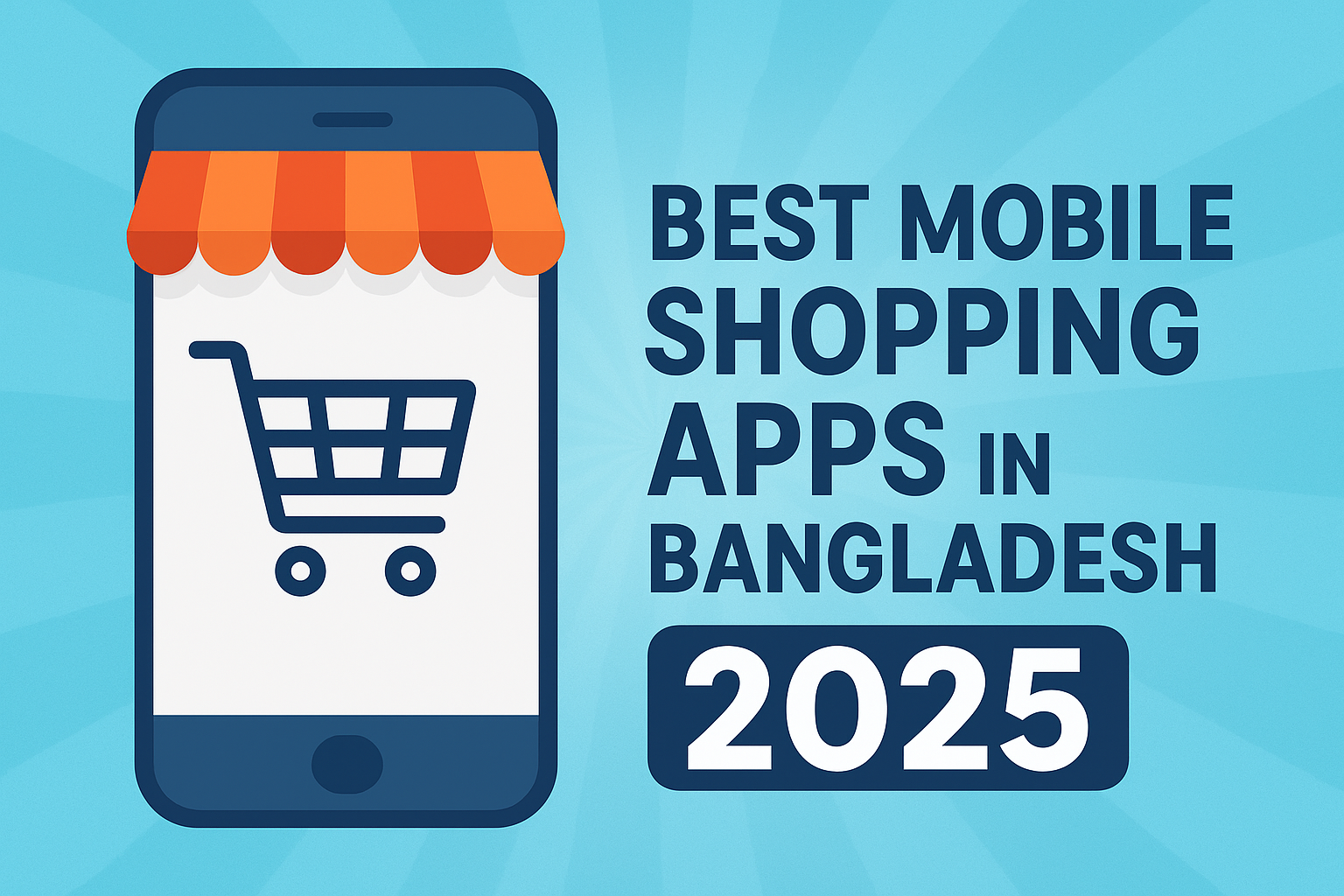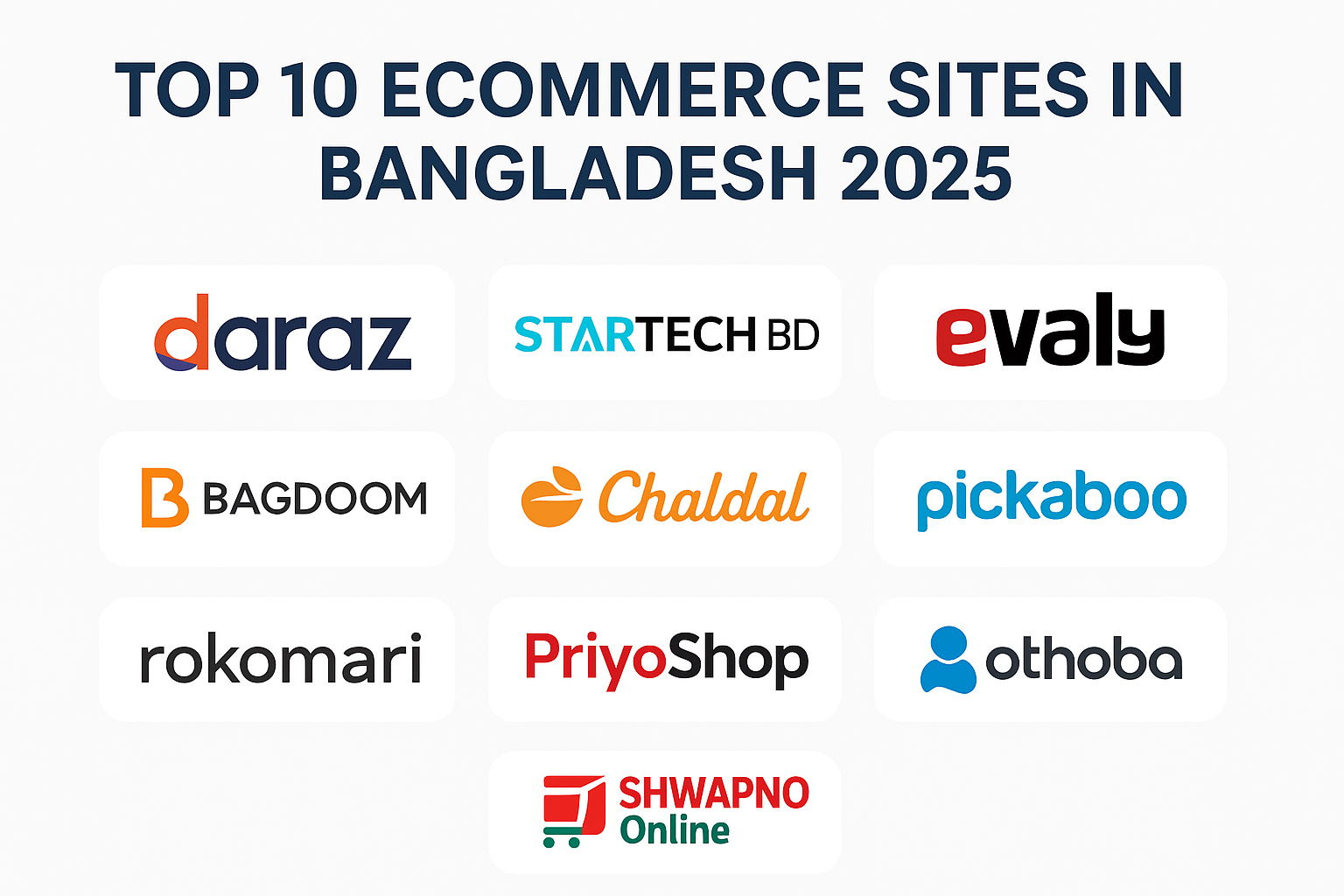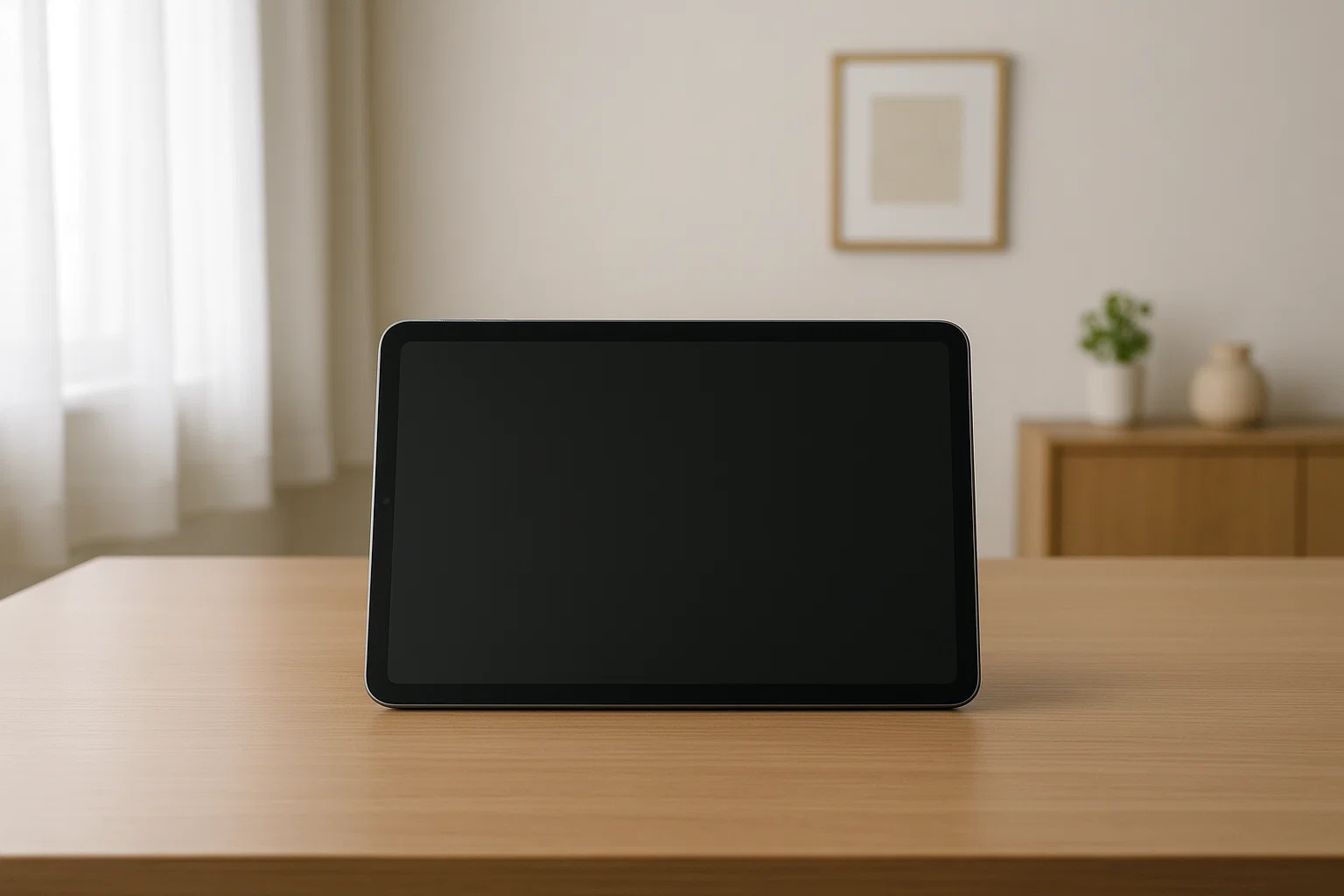Over the past decade, online shopping has grown from a niche activity into a mainstream habit in Bangladesh. What started with a few small ecommerce sites is now a thriving digital economy powered by platforms like Daraz, Chaldal, Rokomari, Pickaboo, and Star Tech BD. More importantly, the rise of ecommerce is reshaping how people shop, pay, and interact with brands.
This article takes a closer look at how online shopping is changing consumer behavior in Bangladesh, highlighting key trends, challenges, and what the future holds.
The Rise of Ecommerce in Bangladesh
The growth of ecommerce in Bangladesh is closely tied to three factors:
- Internet access – With over 125 million internet users, the majority of whom are mobile-first, online shopping has become accessible to millions.
- Mobile financial services (MFS) – bKash, Nagad, and Rocket have made it possible for people without credit cards to pay for products online.
- COVID-19 pandemic – Lockdowns accelerated adoption, forcing even traditional shoppers to try online platforms.
As a result, the ecommerce market is now valued at billions of dollars and is expected to grow steadily in the coming years.
Shift from Traditional to Digital Shopping
Traditionally, Bangladeshis preferred in-store shopping where they could see, touch, and bargain for products. That culture still exists, but online shopping has added a new layer of convenience.
What has changed:
- Shoppers no longer need to fight Dhaka’s traffic to buy essentials.
- Bargaining is replaced by flash sales, promo codes, and discounts.
- Product discovery happens through search, apps, and social media ads instead of word of mouth.
The modern Bangladeshi consumer is now comfortable making purchases with just a few taps on their phone.
New Habits in Consumer Behavior
Let’s break down the main ways consumer habits are evolving because of online shopping:
1. Convenience Over Tradition
Consumers now value time savings more than the physical shopping experience. Ordering groceries from Chaldal or Shwapno Online is faster than spending hours in a busy supermarket.
2. Price Comparison Before Purchase
With so many platforms offering similar products, Bangladeshi shoppers compare prices online before making a decision. Sites like Daraz and Pickaboo compete directly with Star Tech BD and Othoba, leading to smarter, price-conscious buyers.
3. Growing Trust in Digital Payments
Cash on Delivery (COD) is still the most popular method, but trust in mobile banking (bKash, Nagad) is rising. Many consumers now prefer prepaid methods because they offer cashback or discounts.
4. Expansion Beyond Cities
Initially, ecommerce was limited to Dhaka and Chattogram. Today, platforms are expanding delivery networks to smaller towns, changing shopping behavior outside major cities.
5. Impulse Buying Through Flash Sales
Consumers are developing a habit of waiting for big campaigns like 11.11, 12.12, or Eid sales. Flash deals encourage impulse buying and create excitement similar to traditional bazaar shopping.
6. Reliance on Reviews
Unlike physical stores where trust depends on the seller, online shoppers rely heavily on customer reviews and ratings before buying. Peer feedback is now a key part of decision-making.
The Role of Social Media in Online Shopping
Facebook, Instagram, and TikTok have become digital marketplaces in Bangladesh. Thousands of small businesses sell directly through Facebook Shops and pages.
Why this matters:
- Social commerce allows micro-businesses to thrive.
- Personalized marketing reaches consumers where they spend time.
- Word-of-mouth has gone digital—recommendations often spread via posts, reels, or influencer content.
This blend of ecommerce and social media has shifted shopping from just transactions to experiences.
Impact on Lifestyle
The shift toward online shopping isn’t just about convenience—it’s reshaping lifestyles:
- Home delivery culture – Families now rely on regular deliveries for groceries, food, and household items.
- Digital literacy – Even older generations are learning to use apps like Daraz and Chaldal.
- Global exposure – Consumers can access international brands via Amazon, AliExpress, and local importers.
- Sustainability awareness – Some buyers are now conscious of packaging waste and prefer eco-friendly sellers.
Challenges Consumers Still Face
Despite progress, online shopping in Bangladesh is not without problems:
- Product authenticity – Fake and low-quality products remain a concern.
- Delivery delays – Logistics outside Dhaka can still be slow.
- Limited trust in prepaid payments – Many prefer COD due to refund concerns.
- Lack of consumer protection – Dispute resolution is still weak compared to international standards.
These issues mean that while habits are changing, trust still needs to be strengthened.
Case Studies: Examples of Change
Chaldal
Changed grocery habits by allowing families to shop weekly essentials online and get them delivered within hours.
Daraz
Popularized mega-sales culture, teaching consumers to plan shopping around events like 11.11 or Ramadan campaigns.
Rokomari
Built a digital book-buying culture, encouraging younger readers to order academic and leisure books online.
The Future of Consumer Habits
Here’s what the next few years might look like:
- More prepaid payments as trust in digital wallets grows.
- AI-driven personalization, where platforms suggest products based on browsing history.
- Faster logistics with drones, smart warehouses, and better last-mile delivery.
- More rural adoption, bringing ecommerce to every corner of Bangladesh.
- Hybrid shopping, where offline and online blend—for example, ordering online but picking up from a local store.
Online shopping has changed the way Bangladeshis buy products, interact with brands, and manage daily life. From groceries to gadgets, the shift toward digital is here to stay.
Bangladeshi consumers are becoming more tech-savvy, price-conscious, and convenience-driven than ever before. While challenges like fake products and delivery issues remain, ecommerce has undeniably reshaped consumer behavior in the country.
As the market matures, these habits will continue to evolve, making online shopping not just an option but the default choice for millions.





